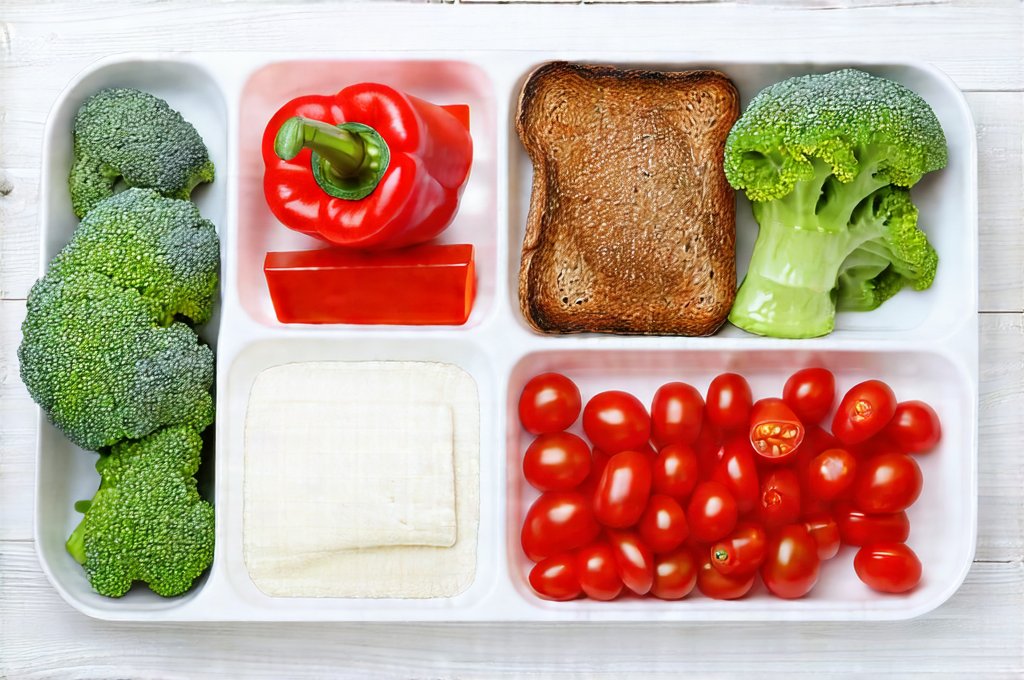Maintaining a healthy weight isn’t about restrictive diets or grueling workout regimes; it’s about building sustainable habits that fit your lifestyle. Many people focus intensely on initial weight loss, achieving fantastic results only to find the pounds creeping back on. This is often because the strategies used for rapid weight loss aren’t maintainable long-term. A successful weight maintenance plan prioritizes consistency over intensity, focusing on nourishing your body and establishing a positive relationship with food. It’s less about deprivation and more about mindful choices that support overall wellbeing.
The key to lasting success lies in understanding that weight management is an ongoing process, not a destination. It requires self-awareness, adaptability, and a willingness to adjust your approach as life changes. This means recognizing emotional eating patterns, learning to navigate social situations without compromising your goals, and celebrating small victories along the way. A truly effective plan isn’t just about what you eat but also why you eat, and how food fits into your broader life context. It’s a journey of self-discovery as much as it is about physical health.
Building Your Foundation: Lifestyle & Mindset
Weight maintenance fundamentally relies on balancing energy intake with energy expenditure. However, reducing this to simple calorie counting often proves ineffective because it overlooks the complexities of human metabolism and behavior. A more holistic approach involves integrating healthy habits into your daily routine. This includes regular physical activity – not necessarily intense workouts, but consistent movement you enjoy – and mindful eating practices that promote satiety and prevent overeating. Prioritizing whole, unprocessed foods is paramount as they tend to be more filling and nutrient-dense than their processed counterparts.
Furthermore, cultivating a positive mindset towards food and body image is crucial. This means rejecting diet culture’s restrictive narratives and embracing self-compassion. It’s okay to indulge occasionally; the occasional treat won’t derail your progress as long as it doesn’t become a pattern. Learning to listen to your body’s hunger and fullness cues, rather than relying on external rules or restrictions, is essential for developing a healthy relationship with food. Remember that setbacks are inevitable – they’re opportunities to learn and adjust, not reasons to give up.
Finally, social support plays a vital role in long-term success. Surrounding yourself with people who encourage your healthy habits and provide accountability can significantly increase your chances of staying on track. This could involve joining a fitness class, finding a workout buddy, or simply sharing your goals with friends and family.
Simple Recipes for Sustainable Eating
Incorporating delicious and easy-to-prepare meals into your weight maintenance plan makes it far more enjoyable and sustainable. Here are some recipes designed to be both satisfying and supportive of your health goals:
1. Overnight Oats: This is a fantastic breakfast option that requires minimal effort.
* Combine ½ cup rolled oats, 1 cup unsweetened almond milk (or any milk you prefer), 1 tablespoon chia seeds, and a dash of cinnamon in a jar or container.
* Add your favorite toppings – berries, sliced banana, nuts, or a sprinkle of granola.
* Let it sit overnight in the refrigerator for a quick and nutritious breakfast.
2. Quinoa Salad: A versatile salad packed with protein and fiber.
* Cook ½ cup quinoa according to package directions.
* Combine cooked quinoa with chopped vegetables (cucumber, bell peppers, tomatoes), chickpeas, and a simple lemon-tahini dressing (1 tablespoon tahini, 1 tablespoon lemon juice, 1 teaspoon olive oil).
3. Sheet Pan Chicken & Veggies: An incredibly easy dinner option for busy weeknights.
* Toss chicken breast pieces and your favorite vegetables (broccoli, carrots, zucchini) with olive oil, herbs, and spices.
* Spread on a baking sheet and roast at 400°F (200°C) until cooked through.
The Importance of Hydration & Sleep
Staying adequately hydrated is often overlooked but plays a critical role in weight management. Water helps you feel fuller for longer, boosts metabolism, and aids in digestion. Aim to drink at least eight glasses of water per day, adjusting based on your activity level and climate. Carrying a reusable water bottle serves as a constant reminder to stay hydrated throughout the day. Consider infusing your water with fruits or herbs (lemon, cucumber, mint) for added flavor.
Similarly, prioritizing sleep is essential for maintaining a healthy weight. When you’re sleep-deprived, your body produces more cortisol, a hormone that can lead to increased appetite and cravings for unhealthy foods. Aim for 7–9 hours of quality sleep per night. Establishing a regular sleep schedule, creating a relaxing bedtime routine, and optimizing your sleep environment (dark, quiet, cool) can significantly improve your sleep quality.
Navigating Challenges & Staying Motivated
Life inevitably throws curveballs that can disrupt even the best-laid plans. It’s crucial to anticipate these challenges and develop strategies for coping with them. This might involve having a backup plan for when you’re traveling or dealing with stress, which often leads to emotional eating. Don’t view slip-ups as failures; instead, see them as opportunities to learn and adjust your approach.
Maintaining motivation requires setting realistic goals, celebrating small victories, and focusing on the positive aspects of your journey. Find activities that you enjoy and incorporate them into your routine – this could be anything from dancing to hiking to yoga. Remember why you started in the first place – whether it’s to improve your health, boost your energy levels, or feel more confident – and use that as motivation to stay on track. Regularly reassess your goals and adjust them as needed to ensure they remain aligned with your lifestyle and priorities.




